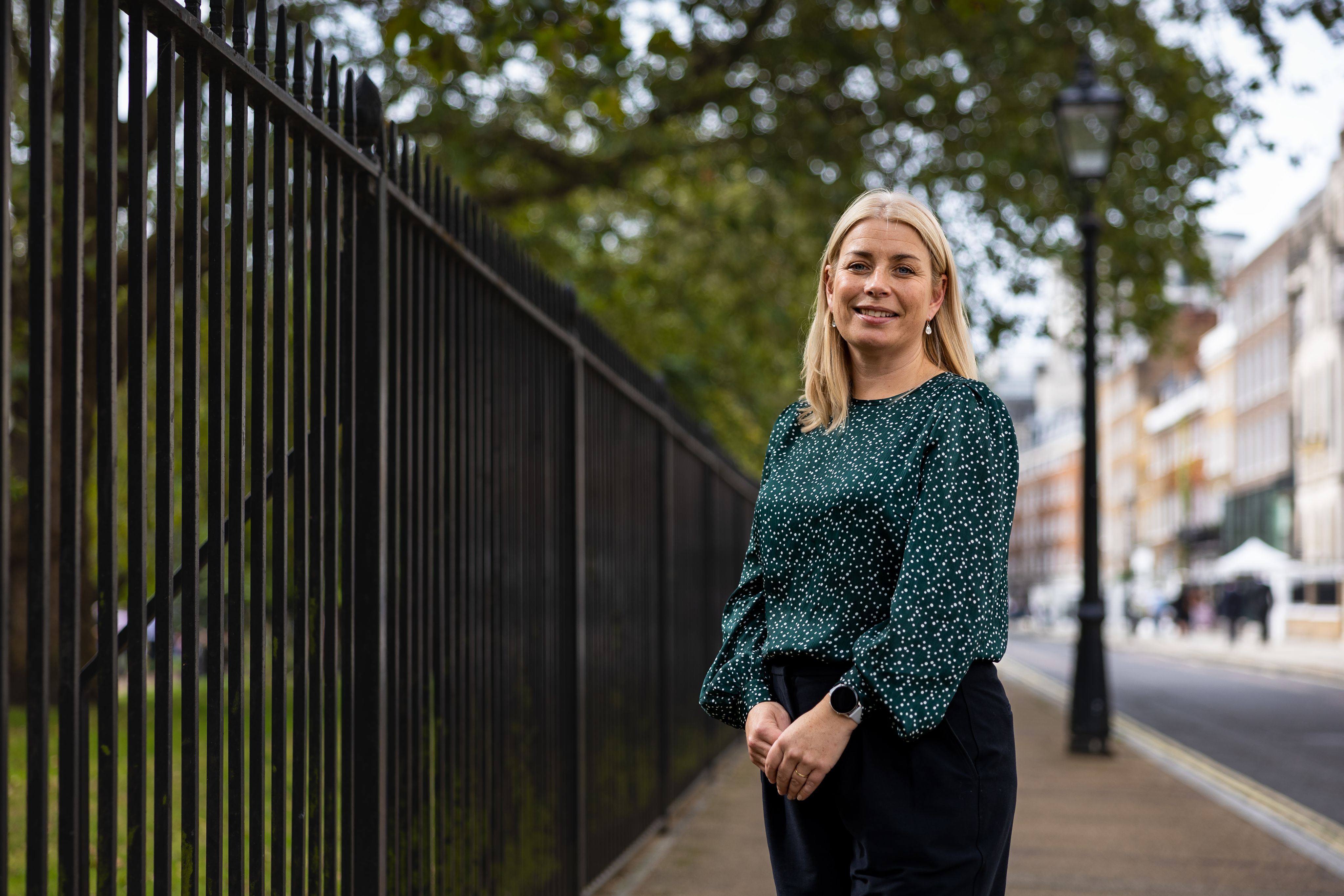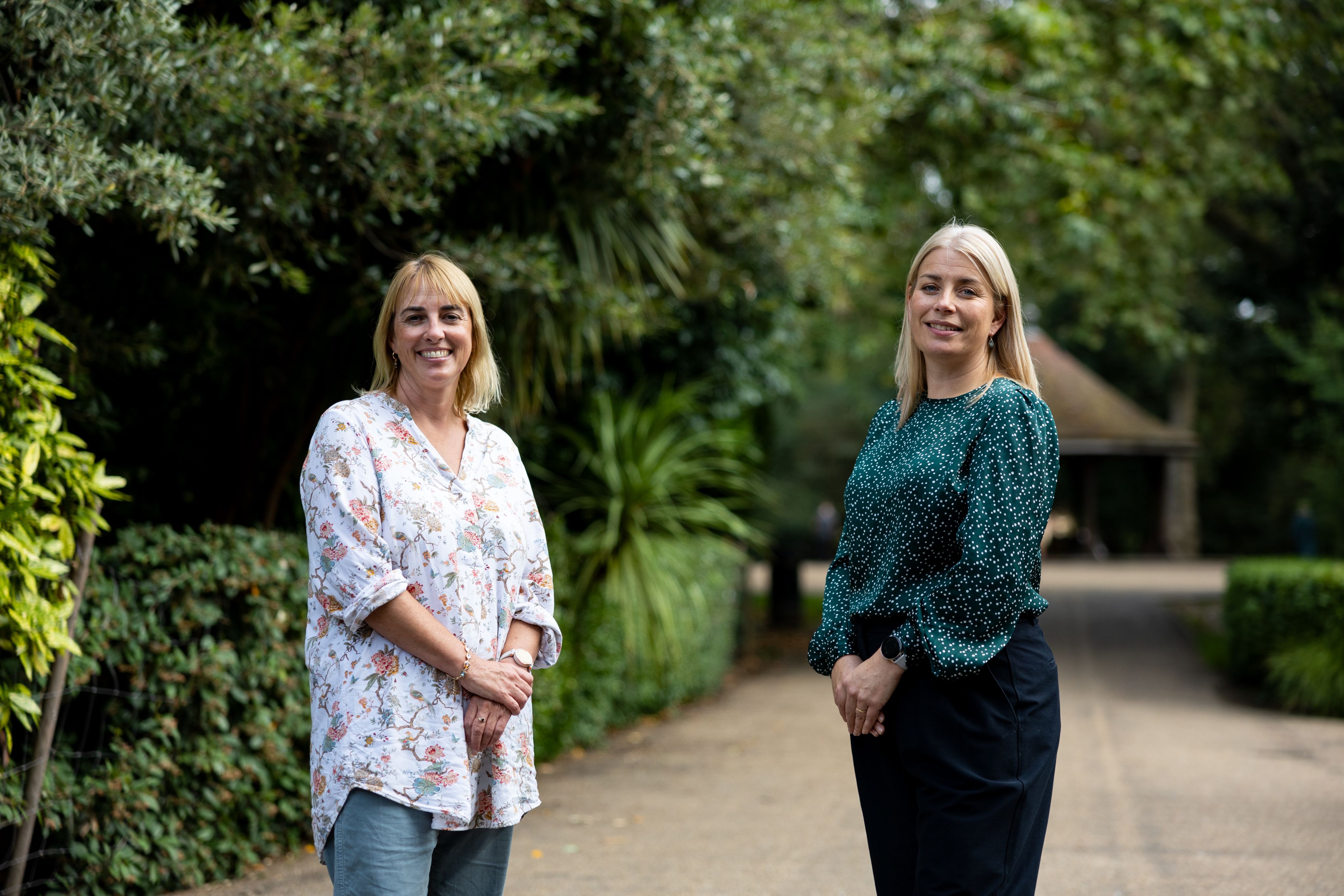QIP TIPS | Starting out in QI

QIP TIPS | Starting out in QI

Professional
New Quality Improvement Partner Glenda Shaw shares her tips on taking the lead

Glenda Shaw
Glenda Shaw
Radiographers often see their careers taking unexpected changes of directions. It might be working in a new modality, a career promotion, changes in technology, navigating a new department or even facing a global pandemic.
In our ever-shifting profession we somehow manage to navigate this change but probably don’t stop to think of the skills that this requires or the impact of the challenge. I have recently taken on one of those challenges and I wanted to share some of my experiences.
I have been a diagnostic radiographer since 1998. I trained at the University of the West of England and after qualifying settled straight into a full-time general radiography job.
I quickly put into use my training and was lucky to regularly rotate through many modalities at a basic grade at Cheltenham General Hospital. To really learn the job, I have worked alongside an army of amazing and experienced radiographers who have always been willing to share their knowledge, and have found this a crucial part of my learning journey. I discovered a love of MRI and completed my mammography certificate at Kingston University London.
Following a family relocation to Cornwall in 2007, I spent time as a mammographer, worked in orthopaedics and general imaging at a private hospital for eight years and in 2017 I was ready to look at widening my radiography horizons.
Widening horizons
I was successful in taking on the QSI lead role for the Royal Cornwall Hospital, looking after the acute site and our eight community hospitals across the county. At this point, the imaging department had applied and had started their QSI journey and were quickly embarking on their first evidence submission date and inaugural on-site visit.
We were successful in meeting the standards in 2018 and I have been supporting the department with QSI and governance to date. This brings me to my latest adventure, Quality Improvement Partner for the joint colleges of the CoR and the RCR. Another new role, unfamiliar faces and away from the hospital environment for the first time in 25 years. I will continue to work part-time in my NHS QSI role.
For anyone new to the QSI role, I know from my own experience and talking to other leads that it can be very daunting and unfamiliar, especially if the department has not been assessed before. The QSI standards in themselves are a sizable document and the initial thoughts about starting the journey can seem a little intimidating.
It was also my first post that required sitting mostly at a desk, learning to navigate the world of administration, managing meetings, the deluge of email traffic and tight deadlines to meet. When I trained in radiography there was very little to know in terms of computer skills and I am still learning!
I have tried to pull together some tips which I hope will help. They remind me that starting a new job can be a challenge but one that most radiographers and imaging staff should remember they are skilled to embark on.
After all, we are good at embracing change, excellent at teamwork, great at thinking on our feet and have all dealt with difficult tasks, particularly navigating through the pandemic and embarking on new technology such as digital imaging, and now the ever-growing world of artificial intelligence. Like any new job it takes time to find your “greatness” so be kind to yourself and ask for help. Here are some of my tips for success.
Ten tips for starting well
1. Find other QSI leads - there are lots of us now with a variety of experiences to share. Join the Quality Standard for Imaging (QSI) - FutureNHS Collaboration Platform where you will also find a useful development and support tool.
2. Attend the QSI Monthly meetings - the topics vary and they are generated from the voices of our QSI leads. Request an invitation by emailing: QSI@rcr.ac.uk
3. Engage with your Imaging Networks. A map of the networks can be found on our FutureNHS page.
4. Share ideas with your immediate colleagues - find your team.
5. Break up the tasks - use the QSI standards to help plan your approach.
6. Prioritise important deadlines and share these dates with everyone in your department.
7. Ask for help - do not expect to have all the solutions yourself.
8. Share the process - QSI is a team effort. Meet regularly with your line manager to set boundaries and escalate concerns.
9. Find ways to manage evidence collation that work for you and the department. Use what you already know and evidence that you already have in place.
10. Get support from The RCR's collection of audit templates that can be used to evidence your QSI journey and support evidence-based practice.
Finally, get to know and ask for help from us, the QSI partners. Over time, the quality of your evidence will emerge, and you will become more familiar with the standards and expectations.

Katherine Jakeman and Glenda Shaw
Katherine Jakeman & Glenda Shaw
This is an exciting time to be joining the RCR/CoR QSI team. Alongside my experienced QSI partner Katherine Jakeman, we will do our best to support QSI leads and those who need help with their QSI journeys. We can support in many ways: tailoring meetings to tackle shared issues, finding guest speakers to share their experiences, directing you to networks and forums so you can widen your contacts.
Don’t be afraid to ask for help or start a conversation.
If you are starting a new role, or thinking of trying something new, do give it a go and good luck!
Find out more...
Glenda Shaw Quality Improvement Partner, RCR/CoR
If you or anyone within your service would like to know more about any aspects of QSI or to join the QSI network, the Quality Improvement Partners are here to offer you support. Please get in contact by emailing: QSI@rcr.ac.uk.
Now read...


